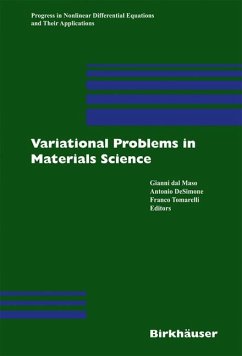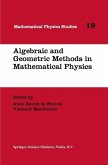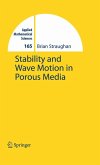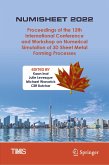The study of variational problems in materials science has a long history, and it has contributed a lot in shaping our understanding on how materials work and perform. There is, however, a recent renewed interest in this subject as a consequence of the fruitful interaction between mathematical analysis and the modelling of new, technologically advanced materials. On one hand, a sizable group of analysts has found in materials science a valuable source of inspiration for new variational theories and interesting problems. On the other hand, workers in the fields of theoretical, applied, and computational mechanics are increasingly using innovative variational techniques. The workshop intended to review some of the recent advances stemming from the successful interaction between the two communities, and to identify promising areas for further cooperation.
Talks were devoted to a wide spectrum of analytical techniques and of physical systems and phenomena. They included the study of BV vector fields, path functionals over Wasserstein spaces, variational approaches to quasi-static evolution, free-discontinuity problems with applications to fracture and plasticity, systems with hysteresis or with interfacial energies, evolution of interfaces, multi-scale analysis in ferromagnetism and ferroelectricity, variational techniques for the study of crystal plasticity, of dislocations, and of concentrations in Ginzburg-Landau functionals, concentrated contact interactions, and phase transitions in biaxial liquid crystals. This volume collects contributions authored or co-authored by 11 of the 20 speakers invited to deliver lectures at the workshop. They all contain original results in fields which are at the forefront of current research, and in rapid evolution.
Dieser Download kann aus rechtlichen Gründen nur mit Rechnungsadresse in A, B, BG, CY, CZ, D, DK, EW, E, FIN, F, GR, HR, H, IRL, I, LT, L, LR, M, NL, PL, P, R, S, SLO, SK ausgeliefert werden.









